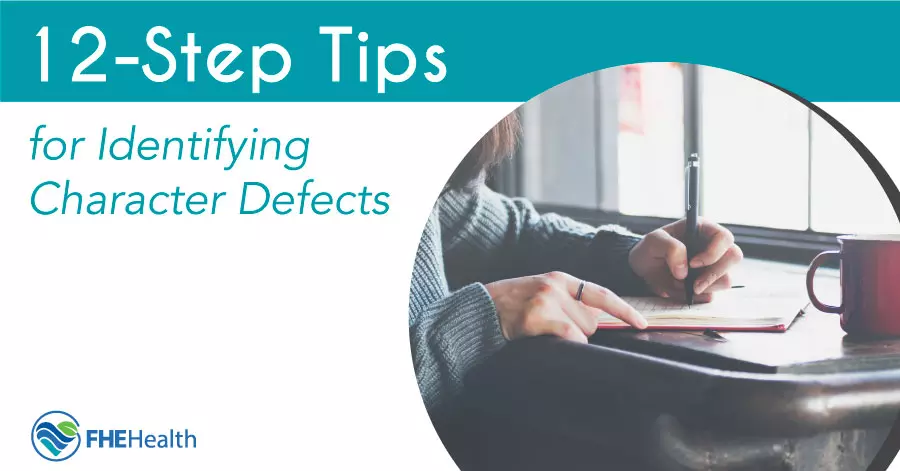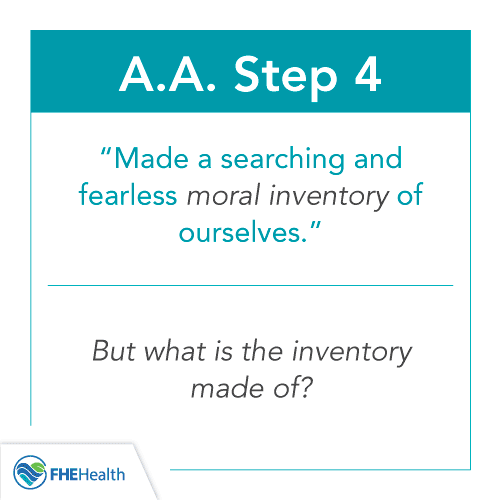
The 12-step process was developed by Alcoholics Anonymous founder Bill Wilson in 1935 and is now employed by many rehabilitation groups around the world. By working through 12 detailed steps intended to help those with substance abuse issues find acceptance, face reality and make amends, people are able to navigate a better path forward.
Character defect removal is one of the things explored as part of the program. The steps are progressive; practitioners stay with one step until satisfactory progress has been made and then move on to the next one.
Moving through the steps requires deep reflection on both circumstances and self. This is especially true for step four, which reads, “Made a searching and fearless moral inventory of ourselves.” To do this, it’s important to reflect on character defects and shortcomings to identify the root causes of addiction and ways to improve.
Quiz: Character Flaws
What Are Character Defects?

The term character defect refers to any challenge in personal character that may affect your way of life and interactions with others in a less-than-ideal manner. Defects of character can range greatly; one Cleveland-based AA group identifies 20 different points of concern to assess in the context of deficiencies.
These elements, like greed, can negatively influence how you lead your life, contributing to cycles of poor behavior. For example, acting in anger can result in unproductive responses to challenging life events, like using drugs to overcome feelings of rage toward others. Identifying evidence of defects in your own life can be clarifying, isolating where you’ve gone wrong and understanding what kinds of actions are necessary to see personal improvements.
What Are Shortcomings?
In the context of the 12 steps of AA, character defects and shortcomings are referenced throughout the program, leading some members to ponder their differences. According to the AA founder, Bill Wilson, a distinction wasn’t intended; the varying word usage was merely a stylistic choice to avoid repetition. When moving through the steps, program members can think of these terms in the same context.







